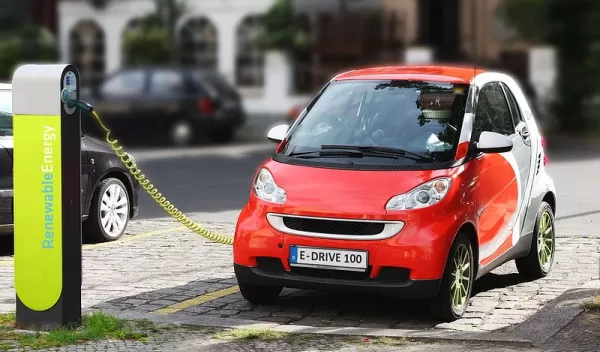
Researchers use machine learning algorithm to analyze consumer data
With electric vehicles making their way into the mainstream, building out the nationwide network of charging stations to keep them going will be increasingly important.
Electric vehicles are considered a crucial part of the solution to climate change: Transportation is now the leading contributor of climate-warming emissions. But one major barrier to broader adoption of electric vehicles is the perception of a lack of charging stations, and the attending "range anxiety" that makes many drivers nervous about buying an electric vehicle.
A new National Science Foundation-funded study by Georgia Institute of Technology researchers harnesses machine learning techniques to provide the best insight yet into the attitudes of electric vehicle drivers about the existing charger network. The findings could help policymakers focus their efforts.
In the paper, published in the journal Nature Sustainability, a team led by Omar Isaac Asensio describes training a machine learning algorithm to analyze consumer data from 12,270 electric vehicle charging stations across the U.S.
The study demonstrates how machine learning tools can be used to quickly analyze streaming data for policy evaluation in nearly real time. Streaming data refers to information that comes in a continuous feed, such as user reviews from an app. The study also revealed surprising findings about how electric vehicle drivers feel about charging stations.
For instance, the conventional wisdom that drivers prefer private stations to public ones appears to be wrong. The study also finds potential problems with charging stations in larger cities, presaging challenges to creating a robust charging system that meets all drivers' needs.
This study helps rectify nervousness about buying electric vehicles by offering an evidence-based, national analysis of actual consumer sentiment, as opposed to the indirect travel surveys or simulated data used in many analyses.
